Vitamin E: How to Get It from Food Naturally – A Complete Guide

In today’s health-conscious world, vitamins play a vital role in supporting overall wellness. Among them, Vitamin E stands out as a powerful antioxidant that protects the body from oxidative stress and strengthens the immune system. While supplements are widely available, obtaining Vitamin E from natural food sources is the most beneficial and sustainable way to meet your daily requirements. In this guide, we’ll explore the importance of Vitamin E, its benefits, and the best food sources to incorporate into your diet.
What is Vitamin E?
Vitamin E is a fat-soluble nutrient composed of eight compounds, including tocopherols and tocotrienols. Among these, alpha-tocopherol is the most biologically active form in humans. Vitamin E is primarily known for its antioxidant properties, which help combat free radicals and protect cells from damage.
It also plays crucial roles in:
- Immune system regulation
- Skin health and anti-aging
- Preventing blood clots
- Maintaining eye health
- Cell function and DNA repair
Daily Requirement of Vitamin E
The Recommended Dietary Allowance (RDA) for Vitamin E varies by age, gender, and health condition. For adults, it is typically:
- 15 mg per day (approximately 22.4 IU)
Pregnant and breastfeeding women may need slightly more. While deficiencies are rare, a lack of Vitamin E can lead to:
- Muscle weakness
- Vision problems
- Weakened immunity
- Nerve and muscle damage
Top Natural Food Sources of Vitamin E
To boost your Vitamin E intake naturally, include the following foods in your daily meals:
1. Nuts and Seeds

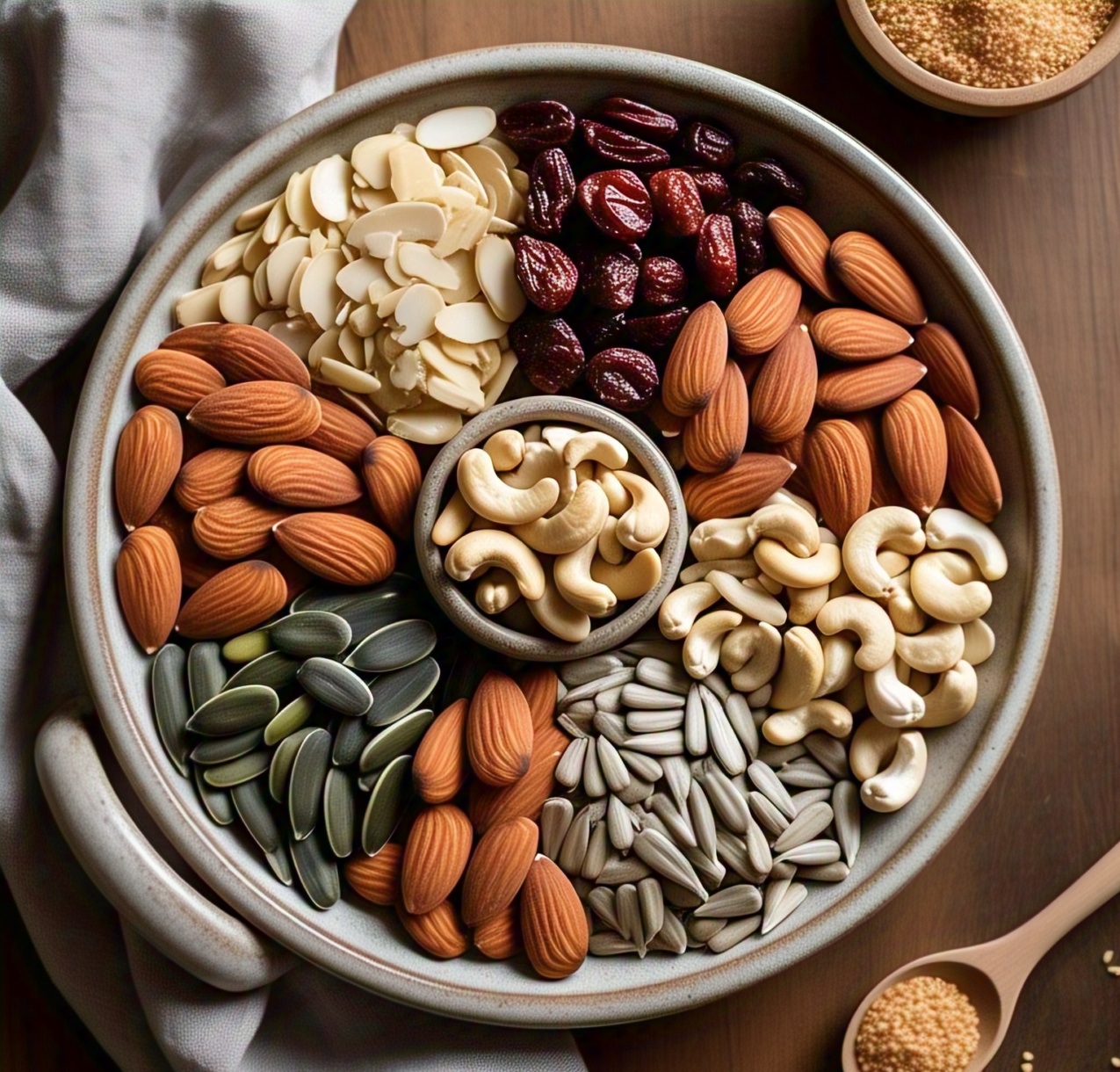
These are among the richest sources of Vitamin E:
- Almonds: Just one ounce (28 grams) provides about 7.3 mg of Vitamin E (almost 50% of the daily requirement).
- Sunflower seeds: A handful (28 grams) can give you up to 10 mg of Vitamin E.
- Hazelnuts: Offer around 4.3 mg per ounce.
- Pine nuts: Great for snacking and rich in tocopherols.
Tip: Add them to salads, smoothies, or eat as snacks for a healthy boost.
2. Vegetable Oils
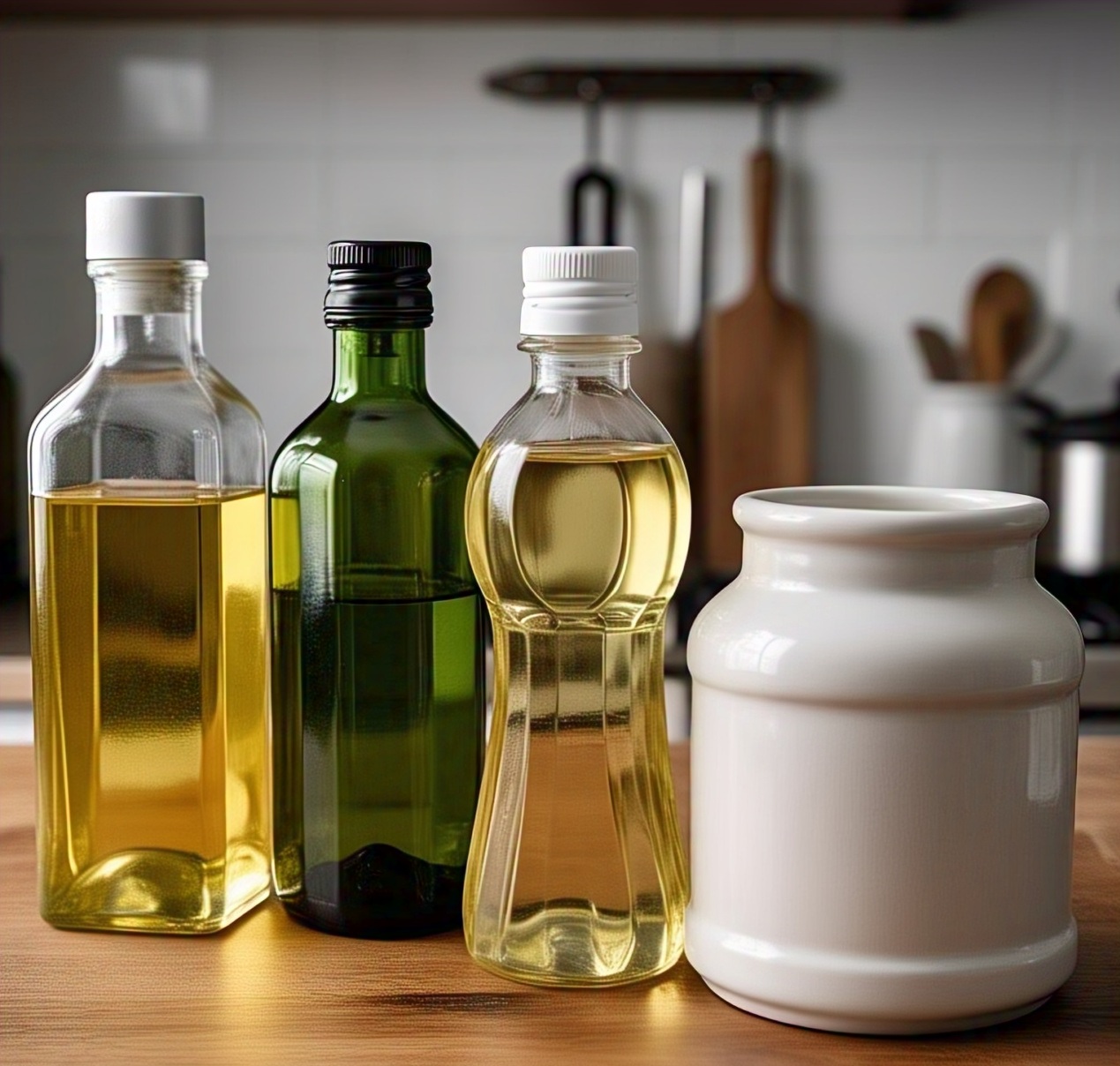
Certain plant-based oils are excellent carriers of Vitamin E:
- Sunflower oil: One tablespoon contains around 5.6 mg.
- Wheat germ oil: One of the highest sources – 1 tablespoon has about 20 mg!
- Olive oil: Not only healthy for the heart but also contains about 1.9 mg per tablespoon.
Tip: Use cold-pressed oils in salad dressings or drizzle over cooked dishes for added nutrition.
3. Green Leafy Vegetables
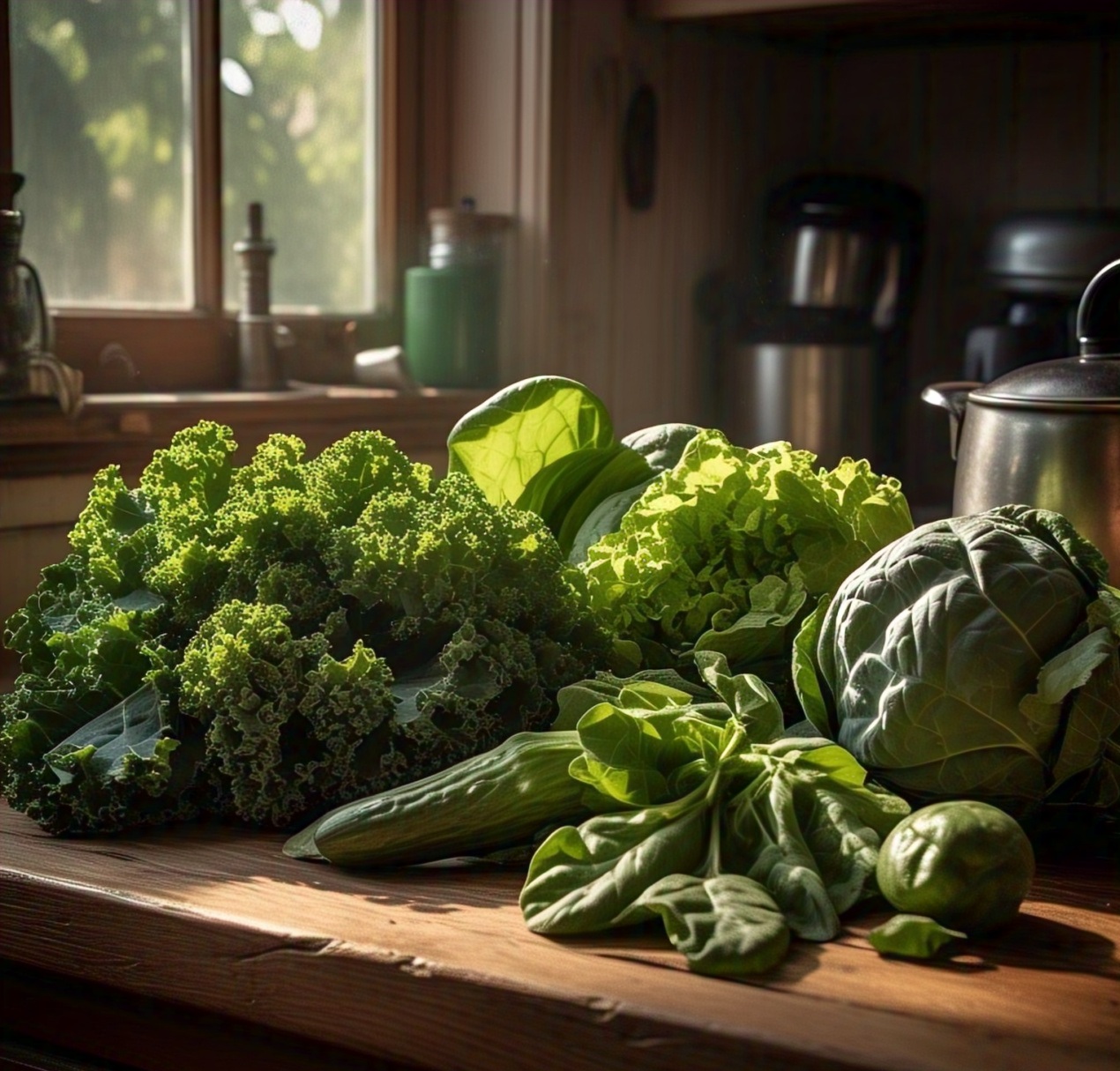
Many dark greens are loaded with Vitamin E:
- Spinach: One cup of cooked spinach offers about 3.7 mg.
- Swiss chard: Cooked chard contains nearly 3.3 mg per cup.
- Kale and turnip greens: Also good options for Vitamin E.
Tip: Steam or sauté greens lightly to retain nutrients while enhancing taste.
4. Fruits High in Vitamin E
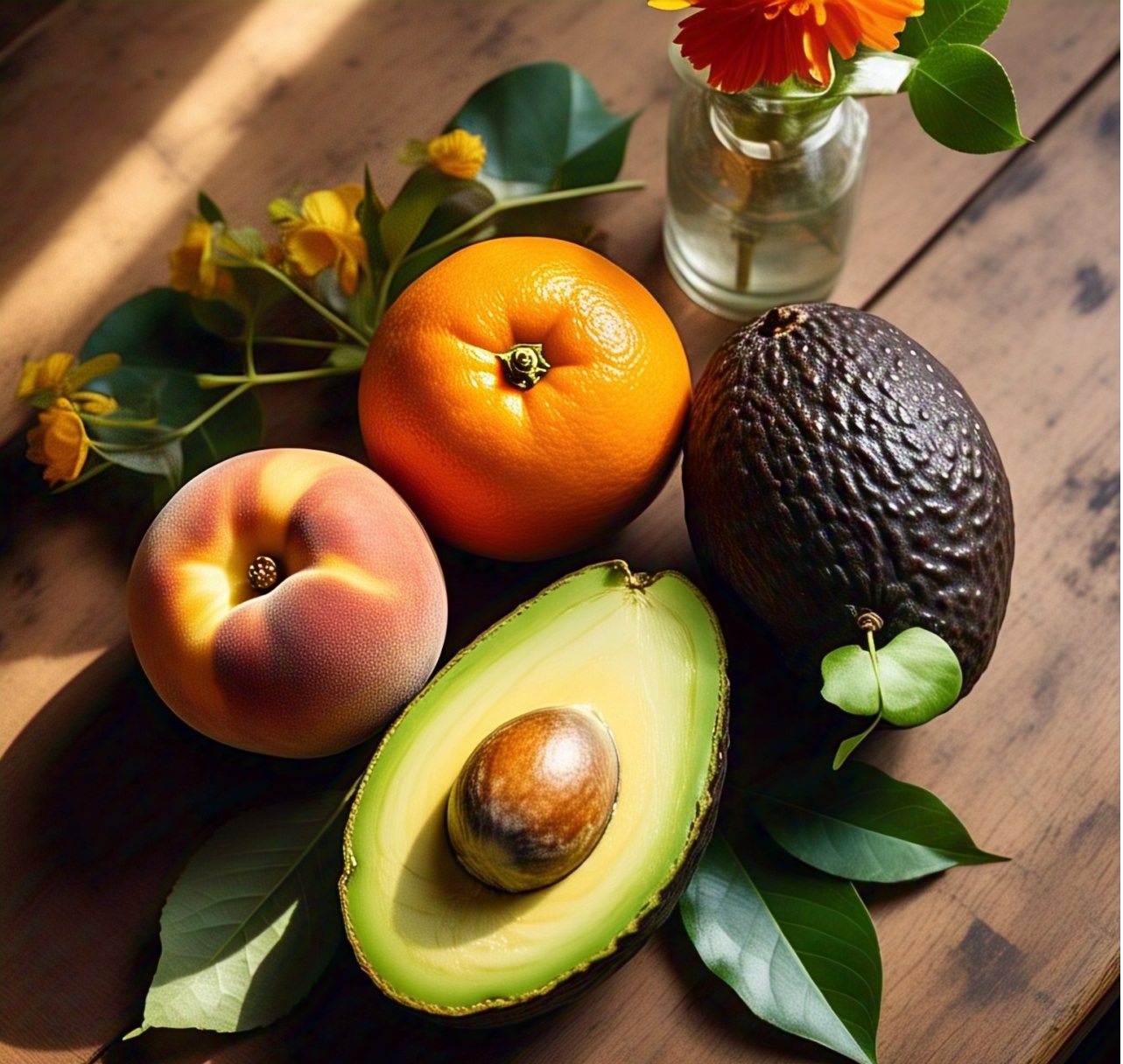
Some fruits provide a moderate amount of Vitamin E along with other essential antioxidants:
- Avocados: One whole avocado provides around 2.7 mg.
- Kiwi: Contains about 1.1 mg per fruit.
- Mangoes: One cup of sliced mango offers 1.5 mg.
- Blackberries: Great as a snack or in smoothies.
Tip: Combine fruits with nuts or seeds for a supercharged Vitamin E snack.
5. Fortified Foods
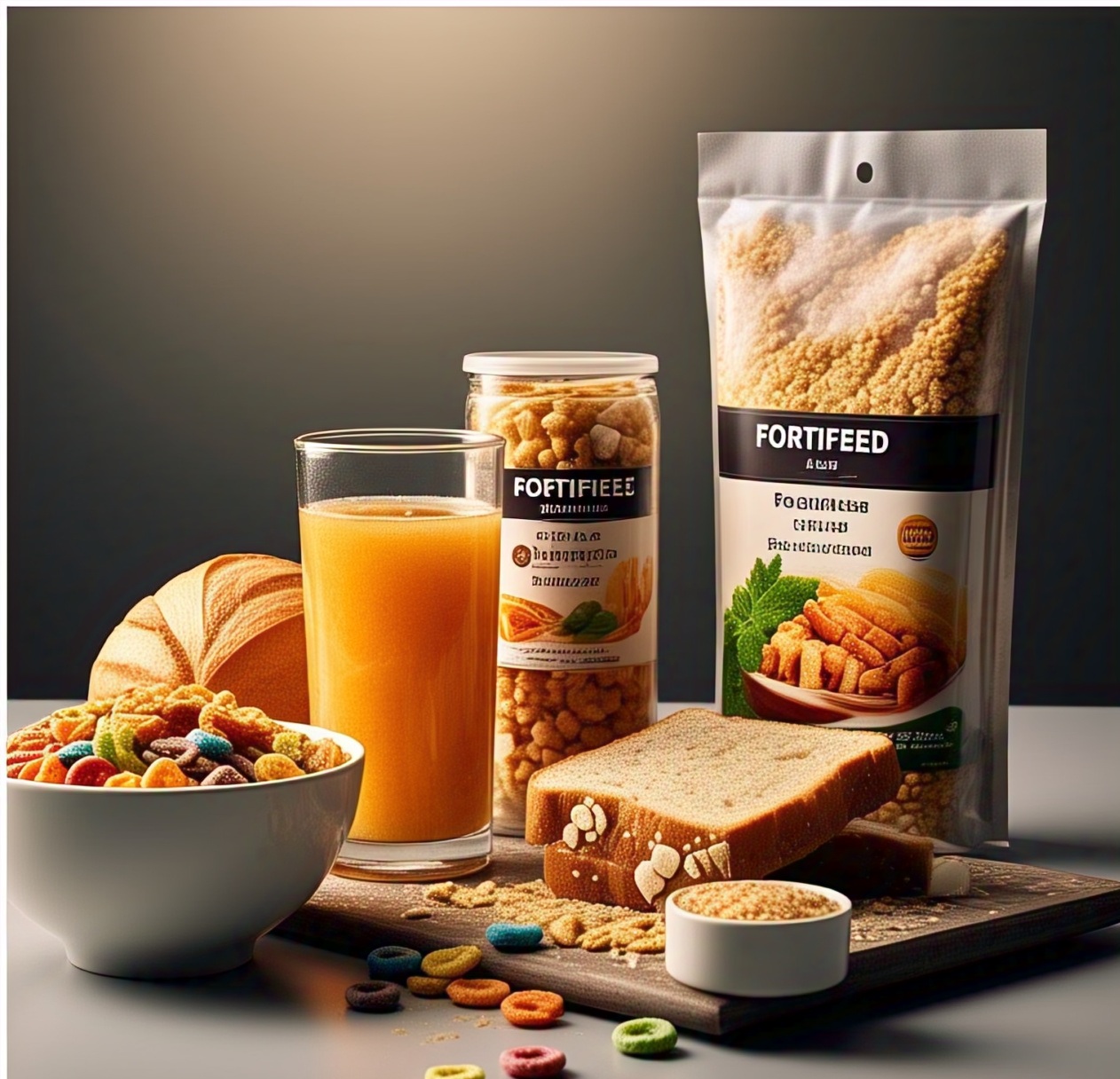
In some countries, breakfast cereals, margarine, and dairy substitutes are fortified with Vitamin E. Check labels for:
- “Fortified with Vitamin E” or
- “Contains alpha-tocopherol”
Tip: Fortified options are helpful for people with dietary restrictions or absorption issues.
6. Fish and Seafood

Though not as rich as plant-based sources, certain fish contain small amounts of Vitamin E:
- Salmon: Rich in omega-3s and provides around 2 mg per fillet.
- Rainbow trout: Contains 2.4 mg in a 3-ounce serving.
- Mackerel and shrimp: Other seafood choices with decent levels.
Tip: Grilled or baked fish with a side of vegetables makes for a balanced, nutrient-rich meal.
How to Maximize Vitamin E Absorption
Since Vitamin E is fat-soluble, it needs fat to be absorbed effectively by the body. Here’s how to enhance absorption:
- Pair Vitamin E-rich foods with healthy fats like nuts, seeds, or olive oil.
- Avoid overcooking or boiling vegetables excessively, which can destroy nutrients.
- Store oils and nuts in cool, dark places to prevent oxidation.
Benefits of Including Vitamin E-Rich Foods in Your Diet
Regular consumption of Vitamin E through natural food sources can:
- Improve Skin Health – Prevents dryness, reduces wrinkles, and protects from UV damage.
- Boost Immunity – Strengthens the immune response, especially in older adults.
- Support Heart Health – Reduces oxidative stress and inflammation in blood vessels.
- Enhance Vision – May lower the risk of age-related macular degeneration.
- Promote Brain Function – May delay cognitive decline and improve memory.
Signs of Vitamin E Deficiency
While rare, certain medical conditions (like fat absorption disorders) can lead to deficiency. Watch out for:
- Muscle weakness or cramps
- Poor coordination or balance
- Vision deterioration
- Dry or flaky skin
- Numbness or tingling
If you experience these symptoms, consult a healthcare provider for evaluation.
Conclusion
Vitamin E is a vital nutrient that supports numerous bodily functions, from protecting cells to boosting immunity and improving skin health. While supplements can help in specific medical conditions, getting Vitamin E from food sources is the safest and most effective method. A diet rich in nuts, seeds, oils, leafy greens, fruits, and fish can easily meet your daily requirement. Make these foods a regular part of your meals to ensure optimal health and vitality.


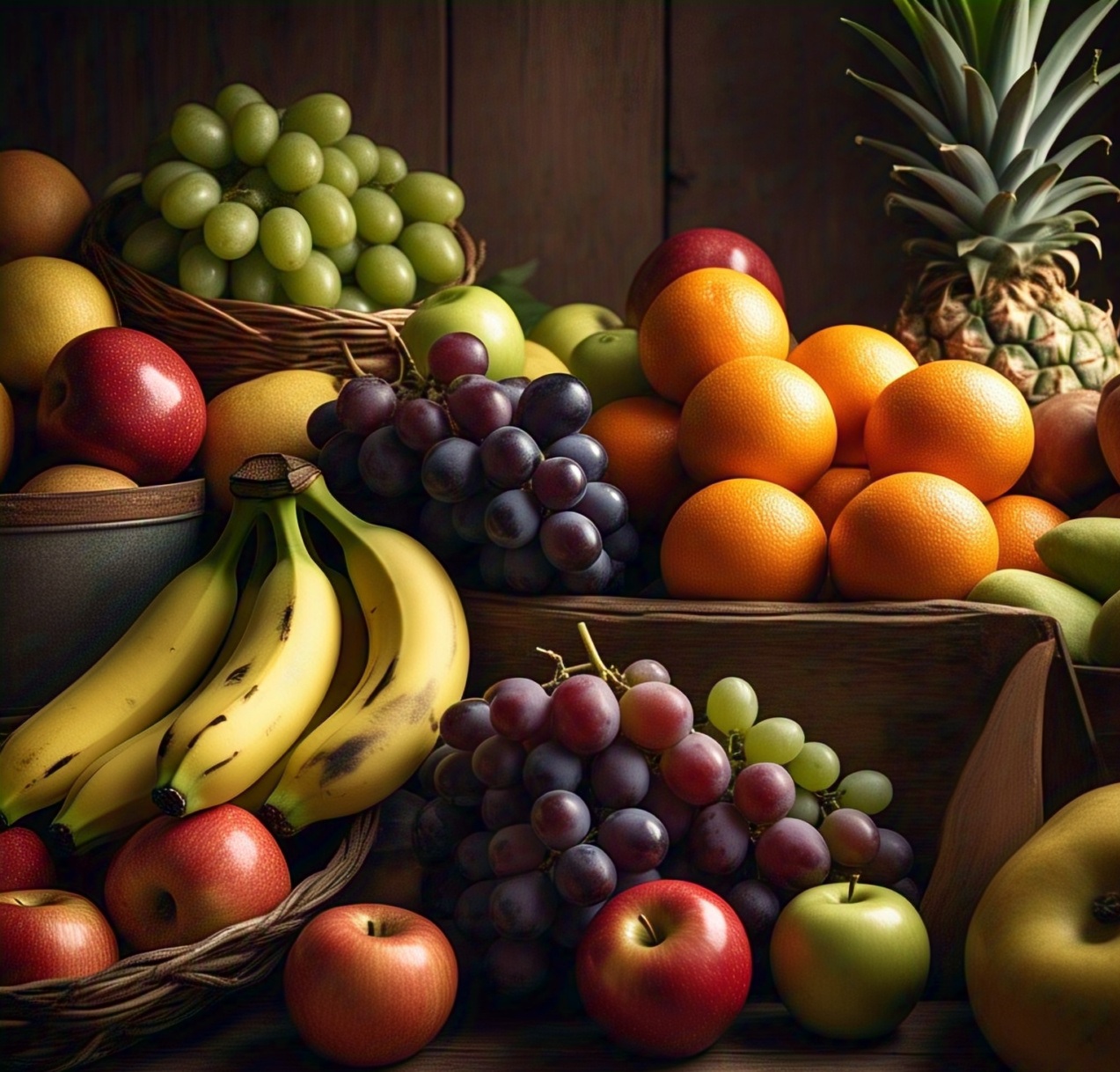


Thank you for being of assistance to me. I really loved this article. http://www.hairstylesvip.com
Your articles are extremely helpful to me. May I ask for more information? http://www.ifashionstyles.com
The articles you write help me a lot and I like the topic http://www.hairstylesvip.com
Sustain the excellent work and producing in the group! http://www.ifashionstyles.com
You’ve the most impressive websites. http://www.kayswell.com
May I request more information on the subject? http://www.kayswell.com All of your articles are extremely useful to me. Thank you!
The articles you write help me a lot and I like the topic http://www.kayswell.com
May I request more information on the subject? http://www.kayswell.com All of your articles are extremely useful to me. Thank you!